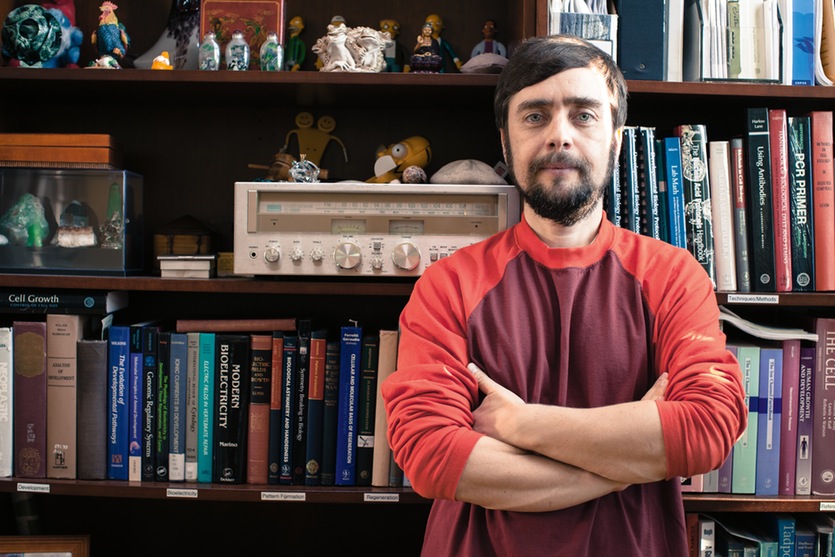Shaping Regeneration Through Host-Microbiome Interactions: Mediating Planarian Regeneration with Bacterial Metabolites
We’ve all heard of the microbiomes living in our gut: the collection of microbes (bacteria, fungi, protozoa, viruses) that are involved in controlling the digestive and immune systems in the human body. Recent focus has been directed towards characterizing these microbiomes and discovering what role a dysregulated microbiome has in disease. But what about the microbiomes of other organisms? Dr. Benjamin Wolfe is a professor … Continue reading Shaping Regeneration Through Host-Microbiome Interactions: Mediating Planarian Regeneration with Bacterial Metabolites






